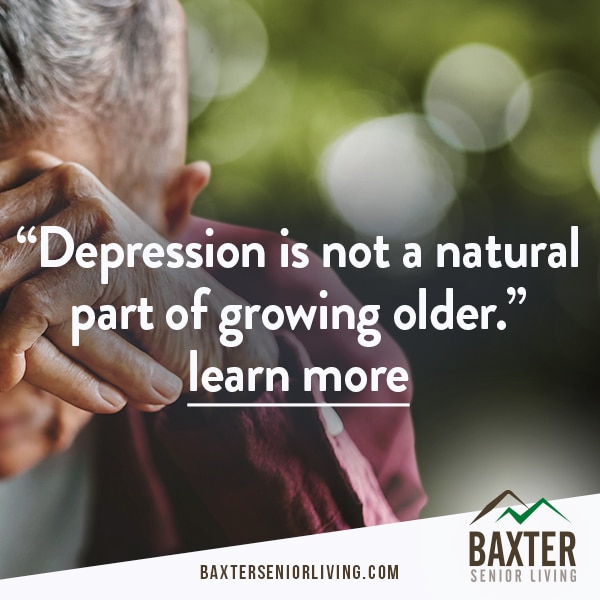Depression affects all age groups. However, depression in seniors is more common. For example, if your previously happy and well-adjusted old starts being restless, is easily irritated, or starts saying they feel worthless and hopeless, they could be depressed. The condition may also lead to hallucinations and lethargy, including losing interest in previously enjoyed activities.
Other symptoms of depression include:
- Thinking and talking about suicide or being obsessed with death
- Eating too much or too little
- Extreme fatigue
- Digestive problems, backaches, and headaches
- Other body aches and pains that don’t get better with treatment
- The trouble with memory, concentration, and decision-making
- Issues with sleep — waking up too early or sleeping for too long
- Crying easily and being easily annoyed
- Losing interest in activities that one enjoyed previously
Seniors can be depressed for several reasons. These include the loss of a loved one, illness, loss of mobility, and change of living conditions, including moving to a care facility. In addition, psychological, genetic, or environmental conditions could lead to depression. Depression may also set in because of an imbalance of chemicals in the brain.
However, depression is not a natural part of growing older. And neither is depression a sign of weakness or caused by a lack of willpower or resolve.
To help a loved one, look for the signs above and encourage your loved senior to talk about their condition. They may need encouragement to open up. Please encourage them to seek treatment and, with their consent, help them set up a medical appointment. Accompanied them for their appointment and encourage them to stick with the treatment program.
To deal with the condition, help your loved senior to do the following:
- Get and stay connected
Encourage your loved senior to get out of the house and meet people. Please encourage them to volunteer at their community center. Helping others makes people feel valuable. - Stay physically active
According to a 2020 study from the American Cancer Society, physically active senior adults enjoy better physical and mental health. The results of the study were published in the journal Cancer. So, help your loved senior’s mental health by helping them to be physically active. - Exercise their brains
Help your senior citizen exercise their brain by doing what they love and learning a new skill. For example, if your loved one loves gardening, encourage them to continue doing it for as long as possible. Let them read and do puzzles and word games. If your loved one loves singing, encourage them to join a choir. Exercising the brain protects it from decline. - Eat healthy meals and take their medication.
Your loved senior adult may have problems preparing healthy meals. Please help them to shop for and prepare healthy food. Also, help them to take prescribed medication and keep medical appointments. - Move to an assisted living community.
Depending on the situation of your loved senior, you may want to consider moving them into facilities that cater specifically to seniors. This is especially useful if your loved senior is lonely and socially isolated. In addition, moving into a senior facility will allow your loved one to bond with other seniors and receive help with tasks with which they might struggle.
Healthcare workers, and even older adults, may mistake depression symptoms in senior adults as normal reactions to life changes. Some even take depression to be part of the natural aging process. It’s not. It’s a treatable medical condition.
Encourage your loved senior to seek treatment and make lifestyle changes to improve their quality of life.

